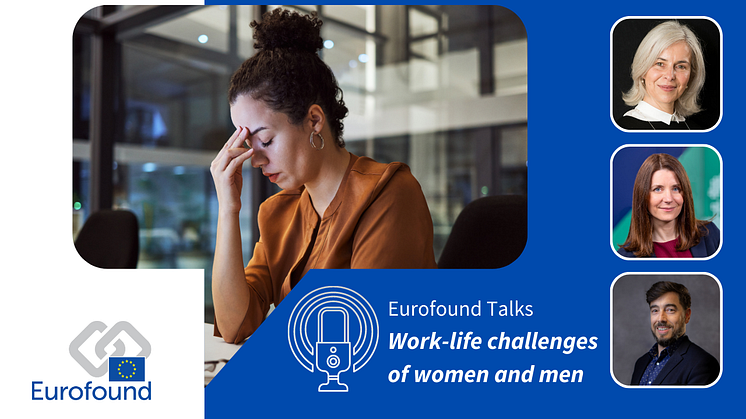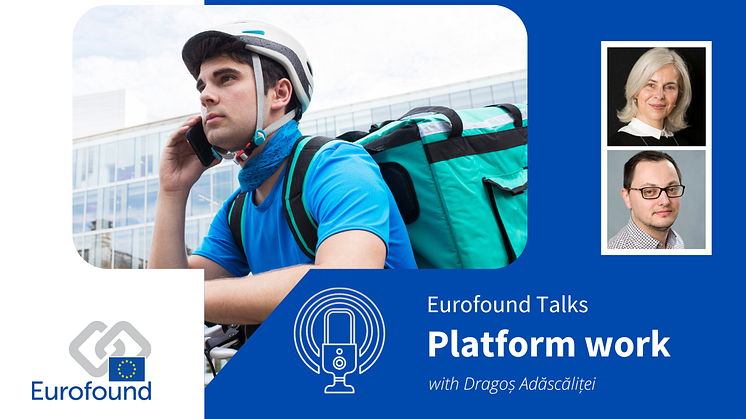
News -
Platform work can provide women with vital link to the labour market
Online platforms can provide women at risk of withdrawing from the labour force with a vital link to the labour market. This is particularly relevant when, for example, women have young children and are more likely to become economically inactive as they seek to manage the demands of family life. There remains, however, more men availing of platform work in Europe than women, and well-known gender inequalities found on the traditional labour market are generally also replicated in platform work.
Eurofound and the European Institute for Gender Equality (EIGE) have published a new policy brief Gender differences in motivation to engage in platform work which looks at various aspects of platform work in Europe and offers policy recommendations to improve gender equality in terms of both access to, and working conditions in, platform work.
Eurofound defines platform work as a form of employment that uses an online platform to enable organisations or individuals to access other organisations or individuals to solve problems or to provide services in exchange for payment. The policy brief notes the significant growth of platform work in recent years, with conservative assessments estimating that platform work in Europe accounts for around 1.4% of total employment (equivalent to about 4.7 million workers). These are workers who spend at least 20 hours a week working on platforms and receive at least 20% of their income via platforms.
The growth of this form of work has highlighted its potential for those that require more flexible work arrangements but has also raised concerns about working conditions and exposing the vulnerability of platform workers with respect to access to safe working environments and social protection.
In the policy brief Eurofound and EIGE offer policy recommendations to both improve the working conditions of platforms workers and improve gender equality in the sector. These include extending working hours regulations and work–life balance measures to platform workers, ensuring that platform workers can access social protection irrespective of their employment status, and addressing the legal uncertainty in the employment status of platform workers to combat disguised employment.
Download the policy brief here.
Further information:
- Topic page: Platform work
- Topic page: Gender equality
- Eurofound Talks: Platform work






